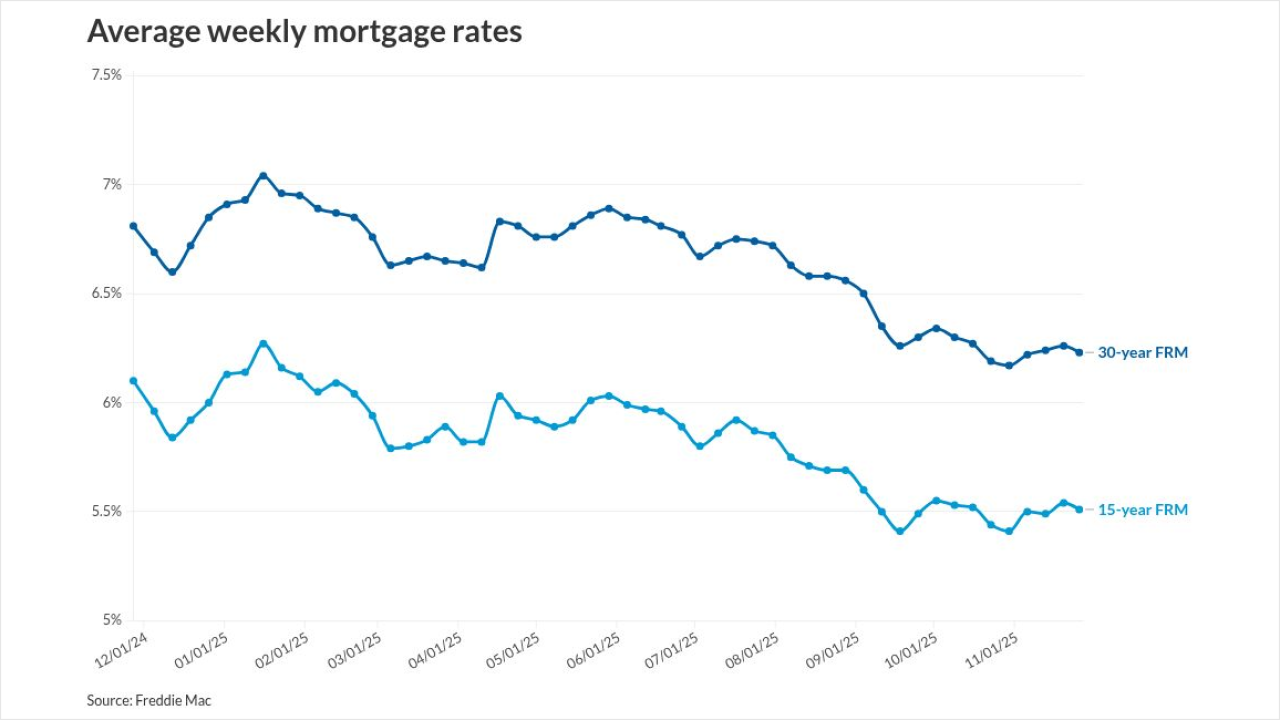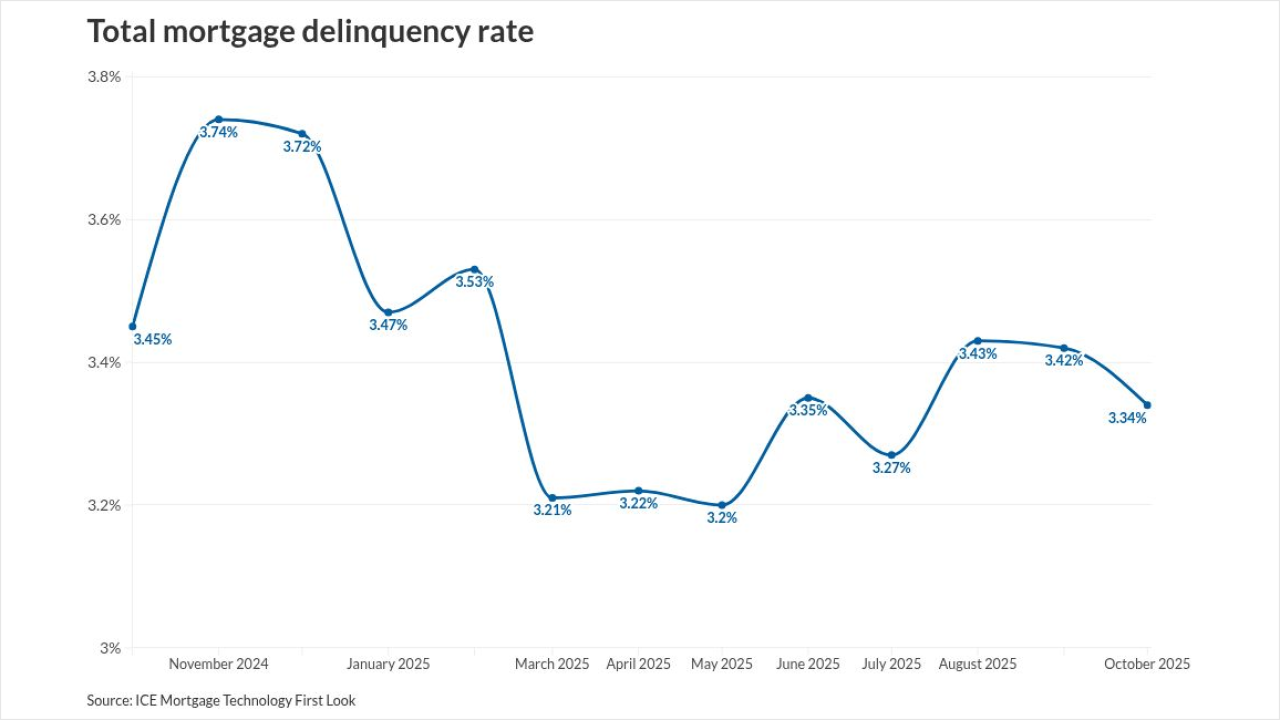More than $1 billion in federal coronavirus relief went to U.S. small businesses that received multiple loans, although that wasn’t allowed by the stimulus program, according to an analysis by congressional subcommittee Democratic staff, which also raised red flags for potential fraud with thousands of other companies.
The oversight panel staff also found that firms got relief even though they were barred from doing business with the federal government, as did borrowers that provided incomplete information, according to a memo to members of House Select Subcommittee on the Coronavirus Crisis.
The analysis examined data for more than 5.2 million loans totaling $525 billion in the

“Congress appropriated hundreds of billions of dollars to support small businesses struggling to survive the economic crisis,” Democrats on the subcommittee said in a report released Tuesday ahead of a hearing with Treasury Secretary Steven Mnuchin. “The subcommittee staff’s analysis suggests a high risk that PPP loans may have been diverted from small businesses truly in need to ineligible businesses or even to criminals.”
While the SBA and Treasury have promised to audit all PPP loans of more than $2 million, the subcommittee Democrats said that accounts for less than 1% of all loans approved and that more oversight and fraud-detection protocols need to be implemented as loans are reviewed to be forgiven.
The program, which was the centerpiece of the $2.2 trillion coronavirus relief package enacted in March, was an unprecedented bipartisan effort to give a lifeline to small firms, which employed about half of the private workforce in the country before the pandemic. But today lawmakers are falling back on party lines in their assessment of whether the program achieved its goal — while proposals for more aid, including allowing companies to get a second PPP loan, are in limbo with a larger stimulus package for the economy stalled in Congress.
Republican staff members on the select subcommittee issued their own report on Tuesday. Despite initial confusion and problems because of how quickly the program was implemented, it was “a resounding success” in protecting million of jobs across the country during the pandemic, they said.
“Democrats should end their partisan investigation of this successful program and instead work with Republicans to extend it so more small businesses can keep their workers employed and paid,” Rep. Steve Scalise, the top Republican on the subcommittee, said in a statement.
The SBA has said it relied on information on applications from borrowers submitted by lenders and that approval of loans for banks to disburse doesn’t reflect a determination by the agency that the borrower is eligible for a PPP loan or entitled to have a loan forgiven.
The program allowed small businesses to apply for a loan of as much as $10 million — although the vast majority of borrowers got loans of $150,000 or lower. Loans can be forgiven if at least 60% of the proceeds are spent on payroll and the firm maintains salaries and headcount.
The select subcommittee had access to a complete set of data on PPP loans approved from the program’s launch on April 3 through Aug. 8 — including data on millions of loans under $150,000 that haven’t made public. It found 10,856 loans totaling more than $1 billion in outstanding loans in which borrowers appeared to receive multiple loans, as well as more than 600 loans totaling more than $96 million that went to companies barred or suspended from doing business with the federal government for reasons such as being convicted of fraud, according to the report.
Comparing the PPP data against the federal government’s System for Award Management database raised red flags for almost $3 billion in loans to more than 11,000 PPP borrowers, the subcommittee said. They include borrowers using a post office box as an address despite having a physical street address listed in the government database or a differing address.
“Although legitimate explanations may exist for differing addresses, the inconsistency raises numerous concerns, including potential corporate identity theft, companies trying to obtain multiple loans, or companies attempting to skirt PPP eligibility requirements,” the report said.





